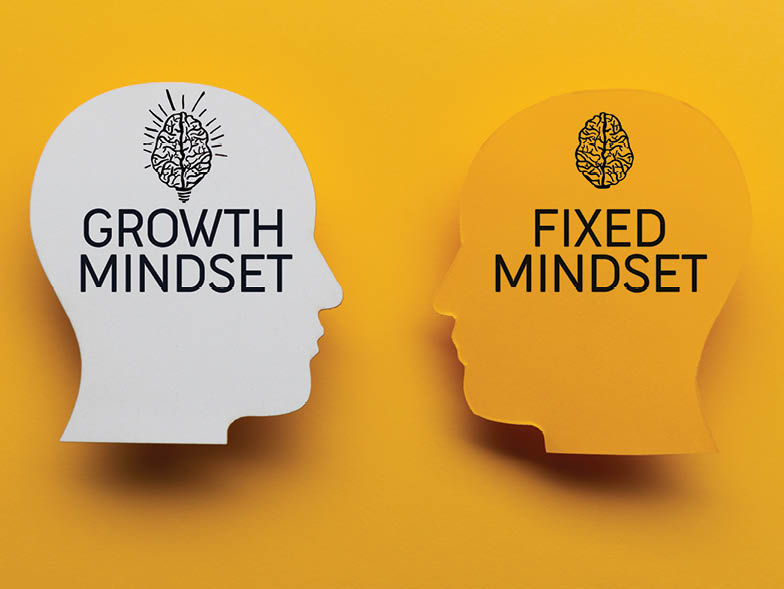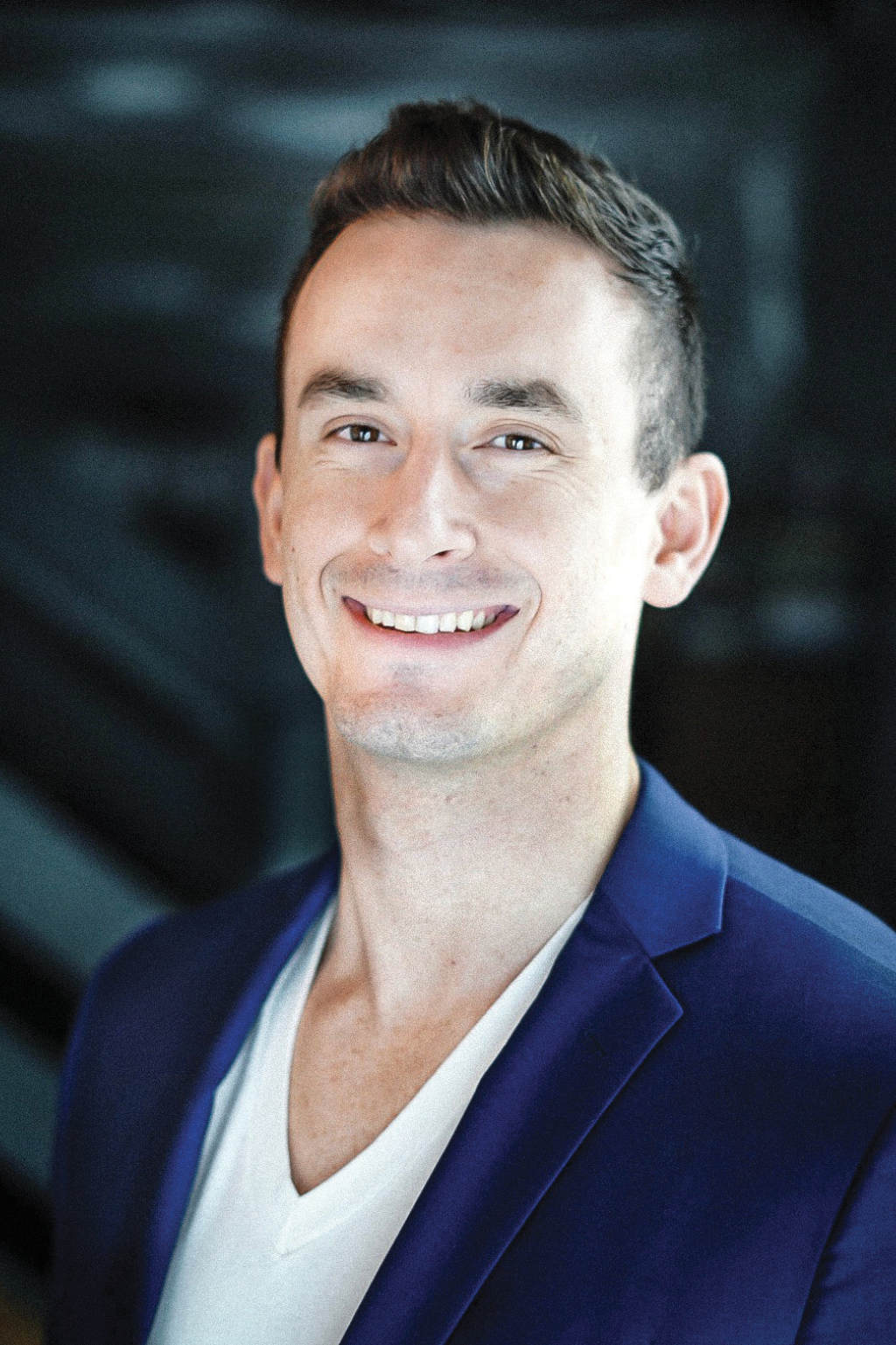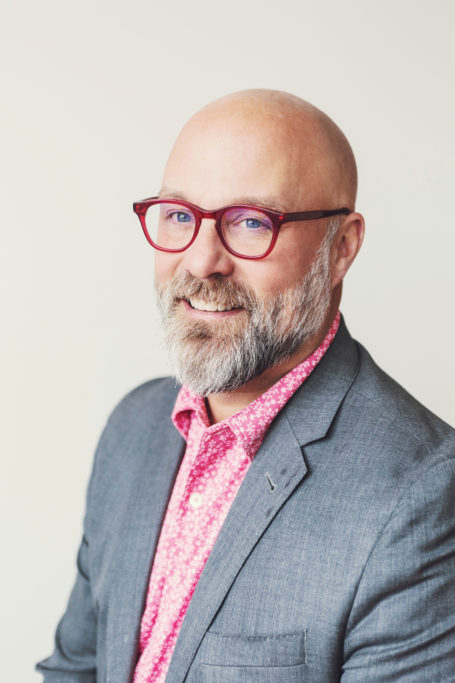Embrace Challenges to Unlock Your Potential
Whether you’re a new business owner or have been working as one for many years, difficult days are inevitable on your journey. But while they might not always be fun, real growth comes from making mistakes.
As motivational speaker and author Tony Robbins once said, “Every problem is a gift—without problems we would not grow.”
Of course, when you’re in the thick of a difficult decision or a potentially make-orbreak moment for your business, you’re much more likely to let yourself get bogged down and turn toward the negative. So as a leader, how can you shift your mindset to one that is focused on embracing failure instead of fearing it? And what are the long-term benefits of thinking this way?

Defining the growth mindset
Carol Dweck, PhD, is a psychology professor at Stanford University and an expert in self-perception and its impact on motivation. In her book Mindset: The New Psychology of Success, she explains the powerful way mindset affects us all: “For twenty years, my research has shown that the view you adopt for yourself profoundly affects the way you lead your life. It can determine whether you become the person you want to be and whether you accomplish the things you value.” While this book is nearly two decades old, Dweck’s founding principle still stands: mindset is everything—and this is especially true in business.
Typically, people fall into one of two camps: those with a fixed mindset and those with a growth mindset. A fixed mindset, which is the belief that a person’s talents and capabilities are set in stone, prevents growth because it encourages the idea that change is only possible to a certain point. On the contrary, people with a growth mindset believe they can always improve through deliberate effort and learned experiences, making them more open to and inspired by forward motion and more curious and eager to learn.
Here are a few questions to ask yourself to help determine which mindset you naturally gravitate toward:
- When trying something for the first time, are you afraid you’ll be laughed at if you fail, or do you look at failure as part of the learning process?
- Do you avoid feedback and take it personally, or do you seek out constructive criticism?
- Are you inspired by other people’s successes, or do you feel threatened by them?
If your answers to these questions varied, that’s OK. You may find that you have a fixed mindset in certain situations but a growth mindset in others. What’s important is that you don’t allow a fixed mindset to hinder your success and prevent you from going after your goals.
A science-backed approach
One thing to note is that adopting a fixed mindset is not inherently right or wrong. The idea of failure can be scary, so having a fixed mindset can feel like a shield that protects you from potential failure. However, none of the world’s great leaders became so by being careful or sitting still. They are curious, excited to learn, and, yes, excited to fail because it means they are on the path toward growth.
In her research, Dweck notes that when you understand the differences between these two mindsets, you can more easily see how a fixed mindset could lead to decisions that keep you stagnant and prevent success. Let your failures define you, and you’ll be trapped in a cycle of failure forever. Allow yourself to learn from them, and you’ll never make the same mistake twice.

Embracing a growth mindset
The brain’s ability to learn new skills and take on information doesn’t just stop when we finish school; education is a lifelong process that is essential for all great leaders. So, contrary to popular belief, you can teach an old dog new tricks. Below are a few ways you can start implementing a growth mindset in your daily life.
Be open to feedback
With a fixed mindset, you may be hesitant to ask for feedback for fear it will all be negative. However, asking other people for sincere and radical candor about your performance— both good and bad—can be extremely beneficial. As a leader, you should seek feedback not only from the people who report to you but also from your peers and other successful professionals in your field. Be sure to ask for it frequently and specifically, too, such as after sharing company goals with your team or promoting your business at an event.
Fail quickly
There’s no time to dwell on the negative when you’re a leader, so if something isn’t working, don’t waste a lot of time and resources trying to force it to. Instead, identify what went wrong and what you could have done differently so you can avoid making similar mistakes the next time—then move on as quickly as possible. When you fail quickly, you learn quickly, and that is the key to being a good leader and entrepreneur.
Reward the process
Forming positive habits is a crucial component of growth, but if you only focus on the end result and not the journey it takes to get there, you’ll find it difficult to grow. Big results require small daily actions, after all. For example, if you want to lose weight, telling yourself you need to work out might not be enough to motivate you. The positive habit comes not from the weight loss itself but from waking up every day, getting yourself to the gym, and prioritizing your health.
Get comfortable with being uncomfortable
Greatness is hardly ever achieved by those who live in their comfort zones. Don’t just embrace challenges—seek them out. Knowing that failure will happen and being OK with it can have a dramatic impact on your perspective and your ability to adapt when the unexpected arises.
Your brain is the most important tool you have, and it’s surprisingly good at adapting. If you allow your mind to tell you you’re not good enough, talented enough, or smart enough, chances are you’ll never become better, more skillful, or more intelligent. Knowing that growth is possible is the first step toward a successful future.

About the author:
Luke Acree is an authority on leadership, a lead-generation specialist, and a referral expert who has helped more than 100,000 entrepreneurs and small businesses grow their companies. He hosts Stay Paid, a sales and marketing podcast, and has been featured in Entrepreneur, Forbes, and Foundr.com.


















